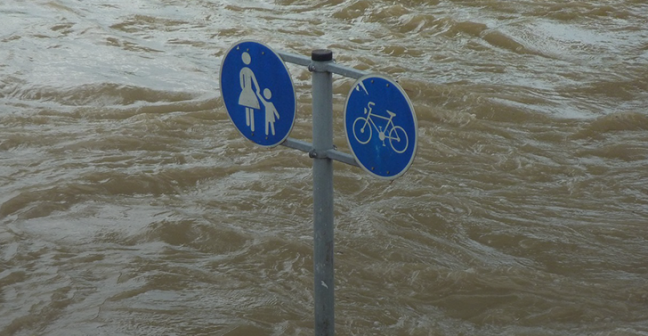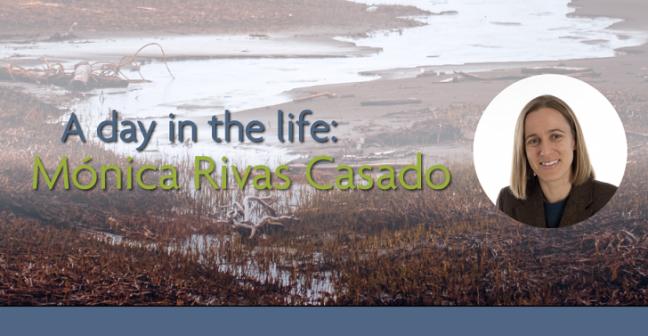This webinar introduced some of the FREE services that CEE provides to evidence users and decision makers in the environmental sector. Areas covered included the importance of evidence synthesis in setting the scene for more efficient and effective further funding, using CEE standards for...
Members' Area Closed
From 10th November to 18th November, the Members' Area of the website will be offline as we move to a new website and upgraded Members' Portal. This means that you will not be able to update your details, complete forms or record your CPD for this week. We apologise for any inconvenience this may cause.
Webinars content
This webinar provides an overview of how techniques in the use of machine learning artificial intelligence can analyse remote sensing data and subsequently generate environmental insights to support effective land management at a scale that historically would not have been possible. Ramboll and...
Flooding and drainage are highly topical issues in the UK at the moment and are key considerations under the planning regime. Flood risk can often constrain the type and scale of development that will be permitted at a site.
This webinar helped us to understand how sites interact with...
In September 2022, SoBRA published a series of three practitioners’ guides which aimed to support informed decision making with respect to vapour intrusion (VI) risk assessment within the UK. The guides provide high level summaries of the existing guidance and include signposting to the relevant...
With emerging science, technology and regulation, jobs in the environment sector are never static. This webinar series, "A day in the life" shares stories from environmental professionals about how work has evolved and how it may change in the future.
In this webinar, Mónica...
The nature of air pollution is set to change rapidly in the next few years as a result of new drivers such as Net Zero, altering behaviours, emissions, exposure, and impacts. The new drivers and changes cause pressures on air quality, giving rise to new areas for research and regulation. The...






